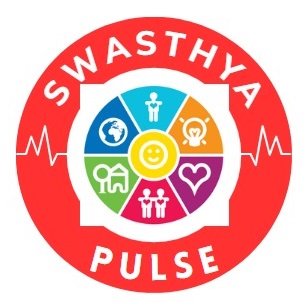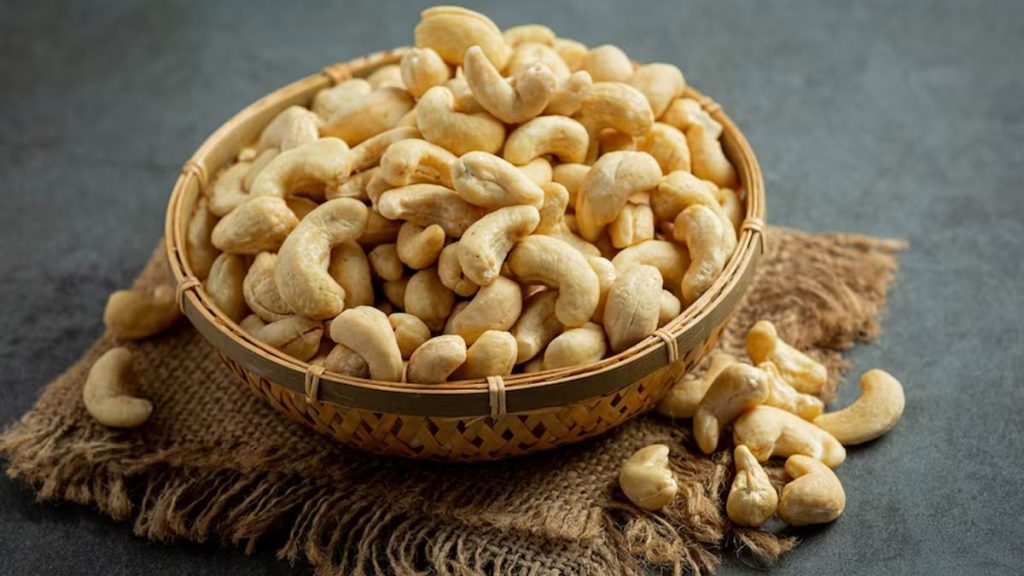Cashews are a beloved snack and a staple in many dishes, especially in Indian kitchens. Creamy, buttery, and packed with nutrients, these seeds (yes, they’re technically not nuts!) are rich in healthy fats, minerals, and antioxidants. But as with all good things, moderation is key.
While cashews can boost heart health and provide energy, overconsumption may lead to unwanted health effects. Certified Nutritionist and Lifestyle Coach Anupama Menon shares insights into the potential risks of eating too many cashews—and how much you should actually eat in a day.
🥜 Cashews: Small in Size, Big in Nutrition
Cashews are calorie-dense, mainly because of their fat content.
“A 1-ounce (28g) serving contains around 157 calories,” says Menon. “These calories come primarily from heart-healthy monounsaturated and polyunsaturated fats, which also provide long-lasting energy.”
Scientific research backs up their benefits. A study in the Journal of Nutrition found that cashews can increase good cholesterol (HDL) and lower systolic blood pressure, both of which contribute to better cardiovascular health.
⚠️ Side Effects of Eating Too Many Cashews
Despite their many benefits, excessive intake of cashews can cause several health issues:
1. Weight Gain
Cashews are high in calories. Eating large quantities regularly can contribute to weight gain, especially if you’re not balancing those calories through diet and exercise.
2. Digestive Distress
Cashews are rich in fiber, which is good in moderation. However, consuming too many at once may lead to bloating, gas, or diarrhea, particularly for those not used to a high-fiber diet.
3. Allergic Reactions
Cashew allergies are real and can be severe. Symptoms range from itchiness and hives to anaphylaxis, a potentially life-threatening condition. Always be cautious if you’re allergic or unsure.
4. Kidney Stone Risk
Cashews contain oxalates, compounds that can contribute to the formation of calcium oxalate kidney stones in susceptible individuals. A study in Frontiers in Medicine found that over 80% of kidney stones are made up of these compounds.
5. Omega-6 Fatty Acid Imbalance
While cashews contain healthy fats, they are also a source of omega-6 fatty acids. When consumed in excess—especially without enough omega-3s—this imbalance may promote inflammation in the body.
✅ How Many Cashews Should You Eat Daily?
Menon recommends a small handful, or about 15 grams per day (roughly 8–10 cashews), for most people. This portion is enough to gain the nutritional benefits without tipping into excess.
“A handful can serve as a satisfying snack or a crunchy addition to salads, yoghurt, or stir-fries,” she notes.
However, individual needs vary. Your age, activity level, overall diet, and health goals should guide your portion sizes.
📝 Takeaway
Cashews are a healthy and delicious part of a balanced diet—but only when enjoyed in appropriate amounts. Keep an eye on portion sizes, watch out for allergies, and be aware of your overall fat and calorie intake.
So go ahead and snack smart—your heart, gut, and waistline will thank you.


